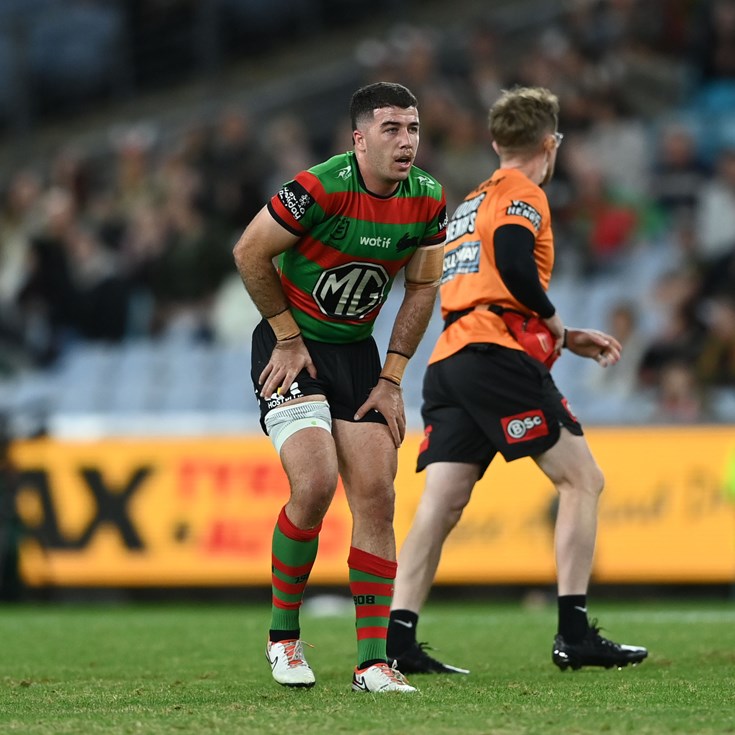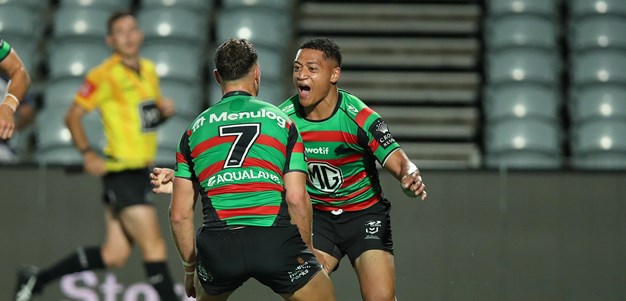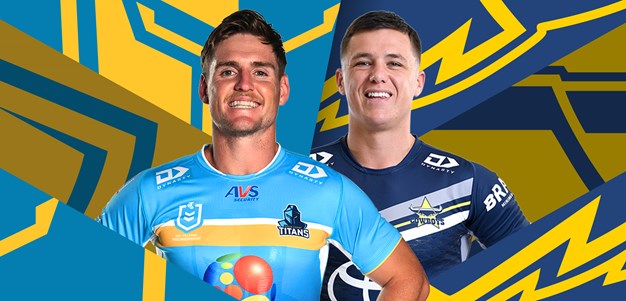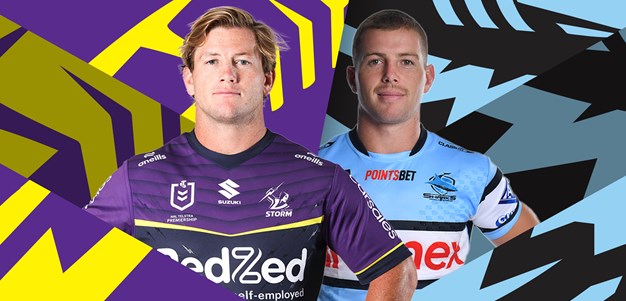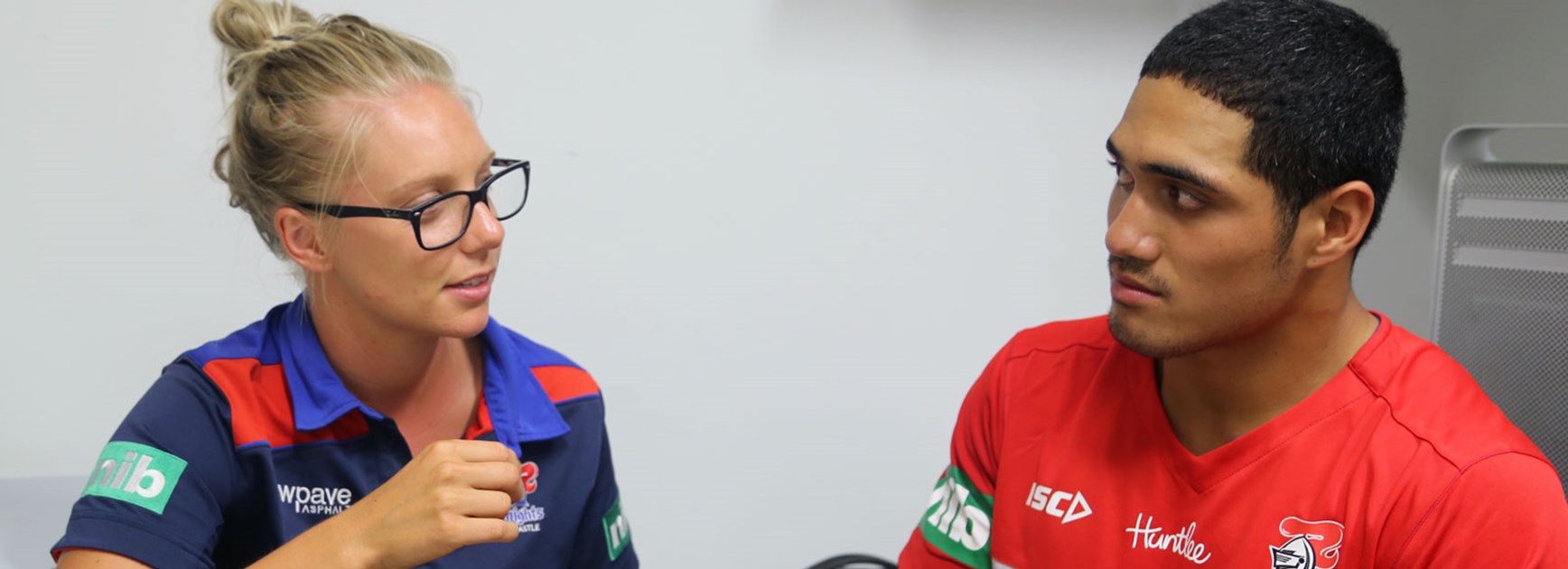
Heidi Thornton has seen plenty in her time at the Newcastle Knights.
As the Knights' sports scientist in analytics, Thornton has seen the club undergo an ugly change of ownership and four first-grade coaches – each of which have backed the 23-year-old's innovative ways of helping players in their recoveries.
In her time at the club – while balancing work as a full-time PhD candidate of Exercise and Sports Science at La Trobe University – Thornton has introduced novel methods to collect and record data that monitors the effectiveness of Knights players' recoveries.
Prior to her arrival at the club there was no physiological understanding of player recovery.
Thornton has since spearheaded a program which monitors the sleep patterns of players in terms of their recovery – to the point where she can pinpoint the likelihood of illness or injury.
"It sounds nerdy but I do a lot of statistical modelling which led to the sleep monitoring of the players. My PhD is all about – in a way – non-invasive ways of monitoring the players and also teach them how to look after themselves," Thornton told NRL.com.
"That includes salivary analysis as part of our monitoring methods and together with their training and match demands I can individually understand what amount of sleep players need to optimally recover from their workload in a game.
"If I then have fatigue and immune markers I can predict when they're likely to become sick based on what they have done, how much they have recovered and how likely they are to become injured as a result of that."
Thornton studied a Bachelor of Sports Science and Exercise at the University of Newcastle and completed her honours while working with the Knights in 2014.
Her time at the Knights however wouldn't have occurred if she didn't bite the bullet in her last year at university.
Initially headed down a path of exercise physiology, Thornton found herself on the "boring" clinical side of things before realising it wasn't for her.
It left Thornton to scratch and claw for any experience possible, with the Knights eventually coming to the party.
Earning an honours position with the Knights' then-dietician, things were looking up for Thornton. That was until the dietician left the club, and she felt her opportunity would disappear too.
"But then one day they contacted me to basically ask if I was interested in filling that role until someone else came in," Thornton said.
"I did that for a period of time and that was more a trial to see if I could follow on to honours in sports science. This all happened in Wayne's (Bennett) final season here so the club was undergoing lots and lots of changes."
The Knights' first-grade contingent was the most experienced squad across the competition under Wayne Bennett.
Nowadays the Knights boast one of the most inexperienced squads in the NRL, which Thornton believes has allowed her an easier passage to teach.
While things aren't quite clicking on the field for the Knights currently, Thornton's methods will only prove a positive for the club's vast number of prospects in the long run.
"When the Knights had the oldest squad in the NRL most of the players ways were set in stone because they'd been doing it for 10 years. They had made it that far so they didn't want to change anything," Thornton said.
"But the young guys, you can tell them to do anything and they'll listen to you and be super keen. I think them knowing I've been here for a while gives them a bit more trust in what I'm telling them too.
"I ran a recovery education group with the players recently and I expected them to sit there and listen to me, and not interact. But they had questions on questions so they're really interested and because they want to improve.
"They'll take on any advice I give them, which shows that I'm having an impact on them one way or another."

